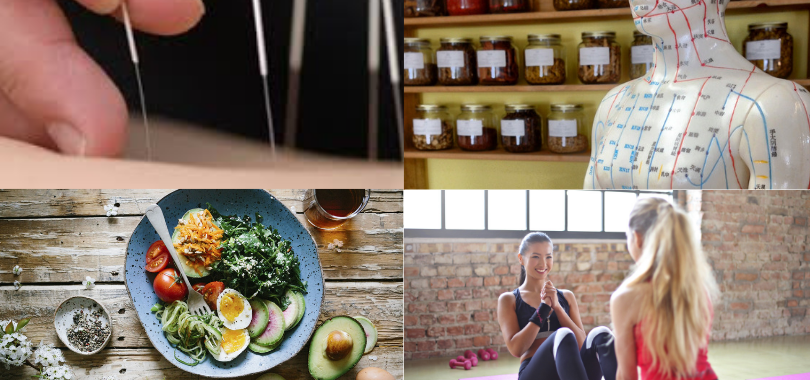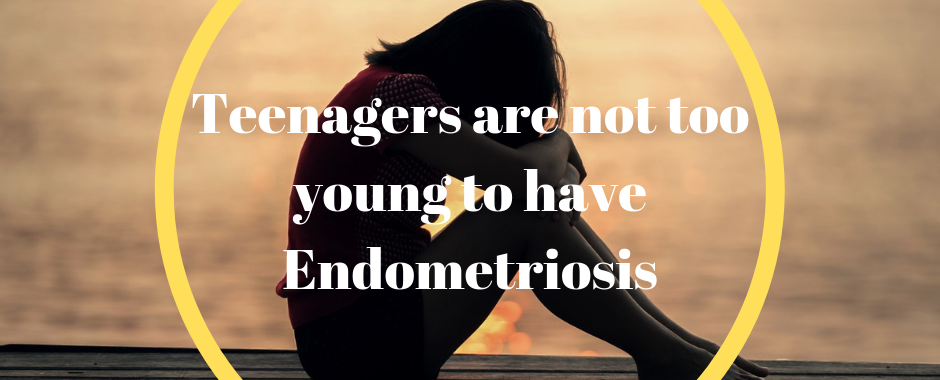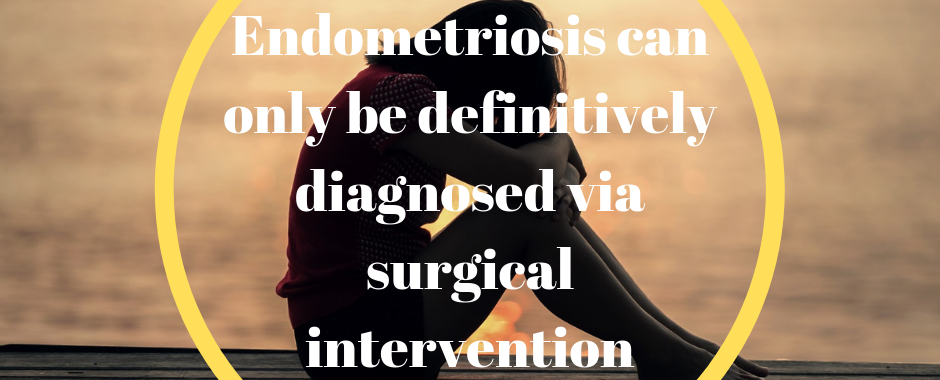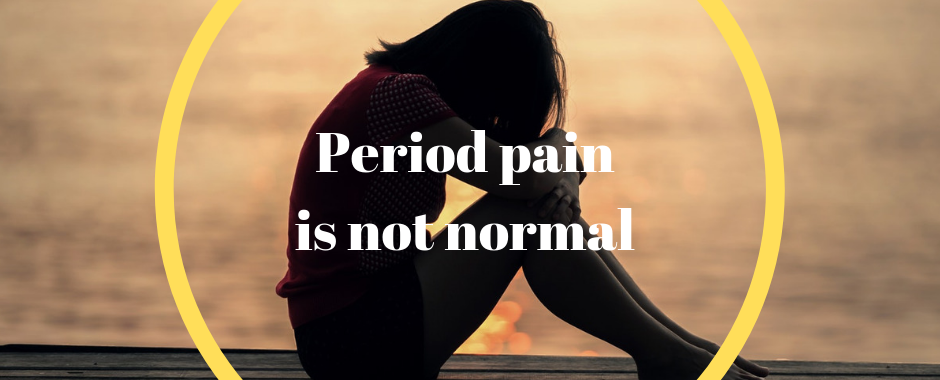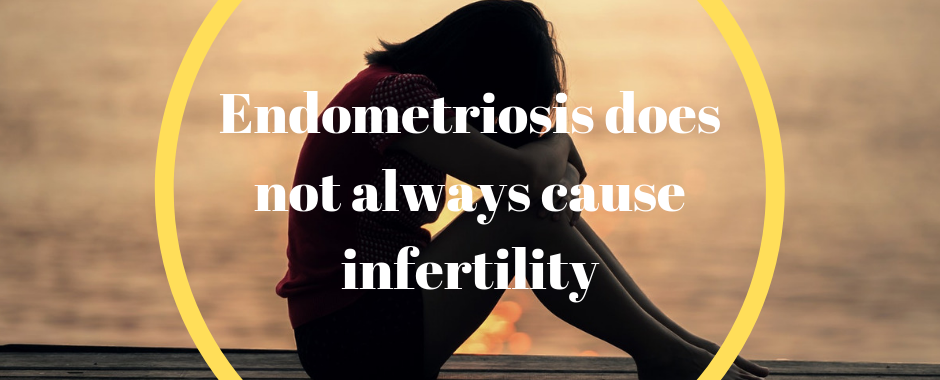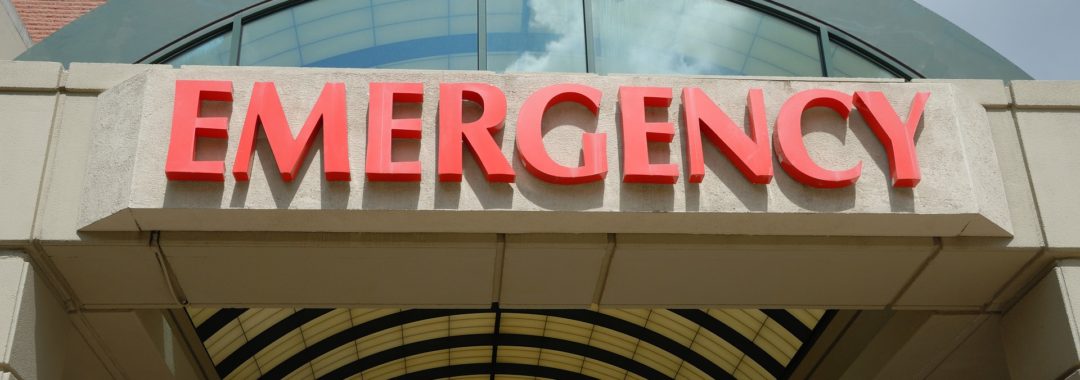Before I start on this latest post, I do just want to say how amazing the people are who work in Accident and Emergency departments around the world. As someone who has a disease state that can be fatal, I know all to well how the amazing efforts at accident and emergency departments can save lives. I should know, because they have saved my life a few times I can tell you.
The reason for this post is that everyday I get messages from people in chronic disease state, such as endometriosis, and many of these messages often complain that they went to their local hospital emergency centre and they did nothing for them. Many of the messages are saying “I waited for hours in pain”, or “the emergency staff did nothing and then sent them home”, or messages such as “The didn’t fix me”
One of the things I always tell my patients is that if they are in pain, and it is after hours, or they cannot get a handle on their pain, then they should go to their nearest A&E (Accident & Emergency) and seek help. But I am also very clear with my patient’s expectation around what emergency centres are there for, or will do for them.
Accident and Emergency Centres at hospitals are there for exactly that; Accidents and Emergencies. They are there to help with people who have been in accidents, the critically ill, the dying, and those that require emergency assistance. Emergency departments are trained to assess who needs help now and who doesn’t.
There is a scale of who requires immediate help and who doesn’t. People who have been in near fatal accidents, people with open wounds, close to death, people having heart attacks, asthma attacks and anyone who could possible die from their suffering, will always be attended to first and if need be with be admitted and monitored accordingly. For the rest of the people it is simply this.
- How bad is your pain?
- How long have you had it for?
- and could it possibly kill you if we leave it too long for you to receive care?
If the answer is that it isn’t going to kill you, but you are definitely in a lot of pain, you will receive treatment. When and how long that takes, compared to critical patients, all depends on how busy the emergency department is that night, or day.
What I do need to reiterate is that emergency departments jobs are to basically assess if your condition could kill you, then administer appropriate treatment, get you out of pain and then either send you home, or admit you if it is absolutely necessary. That is it really.
They are not there to fix your chronic condition. They are there to ease your pain, administer appropriate treatment, save your life if necessary, and then work out if they send you home, or send you to intensive care for critical monitoring, or admit you to the general wards.
If you are assessed properly and your pain etc, has been controlled and then sent home, what should happen then is that you should be given medications to control your condition when you get home, given an action plan and also a referral to your local GP, or healthcare professional to help you in managing your disease state, or pain state, properly. This is to ensure you get proper care. Sometimes you may even be referred back to the hospital you have just been to but to an appropriate department for your condition, or disease state.
But does this always happen like this?
Well, not always and it just depends how busy the emergency centre was and how far down their emergency scale you were. If you weren’t dying, it may seem like they are saying to you “we fixed you up, we helped your pain and then sent you on your way with no help”.
But in reality they have got you out of pain and then have administered appropriate care and treatment, but it may not just be in way your expectation was. Please just remember that A&E’s are there to help you get out of pain and then basically send you home, or admit you if needed. That is it really.
If your pain levels have escalated, or become acute, more often than not it is because your condition isn’t being managed properly, or as well as it could be.
- Maybe the healthcare practitioner managing you just isn’t as educated on your disease state as you thought.
- Maybe your medications are wrong.
- Maybe you haven’t been taking your medications properly.
- Maybe you have been self-prescribing too long and need to see someone for better care.
There could be many factors to why your disease state has flared
- Could you flare up be due to stress, or emotional factors?
- Are you sleeping properly?
- Are you eating a proper balanced nutritional diet?
- Have you been drinking too much alcohol?
- Are you drinking enough water?
- Are you exercising enough and moving the body enough?
- Are you taking your medications properly?
- Could you need surgical intervention?
There are so many reasons why disease states can flare, or pain cycles can start. Sometimes there is no answer to your pain, or disease state flaring.
As I have stated before, places such as the A&E (Accident and Emergency) are there to help people in chronic, or acute pain states and assess you properly to make sure everything is ruled out and then control your pain and have you managed accordingly.
Most of the time, if things are not critical they will send you home, but usually after making sure you are managed properly first. If this doesn’t happen, then you need to ask the questions as to why, and then ask questions of the powers that would be, if necessary. If you are truly in pain, then you should not go home and you need to voice your concerns as to why you need to be looked at further. Sometimes it really is “He/She who cries out loudest, gets heard”
If you do have a diagnosed condition such as endometriosis, it may be best not to let some A&E’s know you have this condition, due to them probably not going to fully understand your condition, and put you in the period pain basket, and probably not take you seriously.
I am not saying this happens all the time, but it does happen and I hear this often. But, just remember that A&E departments are specialised in some disease states such as endometriosis either, so you need to take that into consideration.
But they need to take into consideration that you are in pain and that it isnt just simple period pain, or you are being dramatic. If you weren’t in real pain, you wouldn’t be there.
So, just a precautionary word… don’t tell them you have endometriosis, if that is what your are there for. Let them do a proper assessment and control your pain first and if they work that out, then they have done their job anyway. If they don’t work that out, they will at least manage your pain and then try and work on why you are in pain. If necessary, they will admit you until they can work it out, so win win situation.
But, even after all this, if your pain, or disease state has reached its peak point, it means that you aren’t being managed properly, you need proper management, or you may in fact need surgical intervention, along with appropriate treatments and clinical management moving forward.
Once this is addressed then the following may assist you also:
- Eat a healthy low inflammatory based diet
- Make sure you address the emotional aspect of your health
- Address stress levels
- Make lifestyle changes
- Address weight and body fat (lose or gain weight/body fat)
- Drink adequate water and electrolytes to stay properly hydrated
- Exercise and move your body to promote blood flow and circulation
- Acupuncture may assist with pain
- Herbal medicines and nutritional supplements may assist pain
- Chiropractic care, or osteopathy care may assist
- Do a mindfulness course, or learn some meditation
- Get at least an hour of “You Time” daily
- Take your medications as prescribed
- Book in with your healthcare practitioner and get a proper pain management, or disease state management protocol going
- Improved your gut health and microbiome
- Be positive and look at positive words and affirmations
- Stay away from negativity and negative people
- See a pain management specialist if need be
- See a counsellor, or psychologist
- If something isn’t working, then change it. This may also mean changing the person you are seeing. It may also mean changing self, or self-beliefs.
Lastly, never self prescribe, or try to manage your own disease state. Nobody can manage their own disease state properly, no matter how much they know, or how hard they try. Always seek proper help and clinical management from a properly trained healthcare professional who specialises in your disease state
I hope this has helped everyone understand a little more about what emergency departments do, or are supposed to do, when it comes to pain and critical care.
We really do need to be aware of expectation, versus reality for this type of care and what emergency centres actually do. I also want people to know what they can do also need to be proactive in their disease states and helping manage their disease state and symptoms properly. With proper care and proper management, you truly can reduce symptoms, reduce pain, reduce flare ups and also live a fairly normal life as well.
Lastly, when pain does get too bad, or your are unable to control your disease sate properly, it means you need to get proper help and this also means seeing an appropriately trained healthcare professional to assist you in every aspect of your disease. Please do not try to do it yourself, or google it, or ask friends for advice.
Always see a healthcare professional who is trained to deal with your disease properly and administer appropriate care, treatment and management moving forward. If your current healthcare professional isn’t assisting your properly, I am the first person to tell people the value of a second, or tenth opinion.
If you do need help with a women’s health condition and are not being managed properly, then please give my friendly staff a call and find out how I am may be able to assist you.
Take care
Regards
Andrew Orr
– No Stone Left Unturned
– Women’s and Men’s Health Advocate
-The Endometriosis Experts
-The Women’s Health Experts
